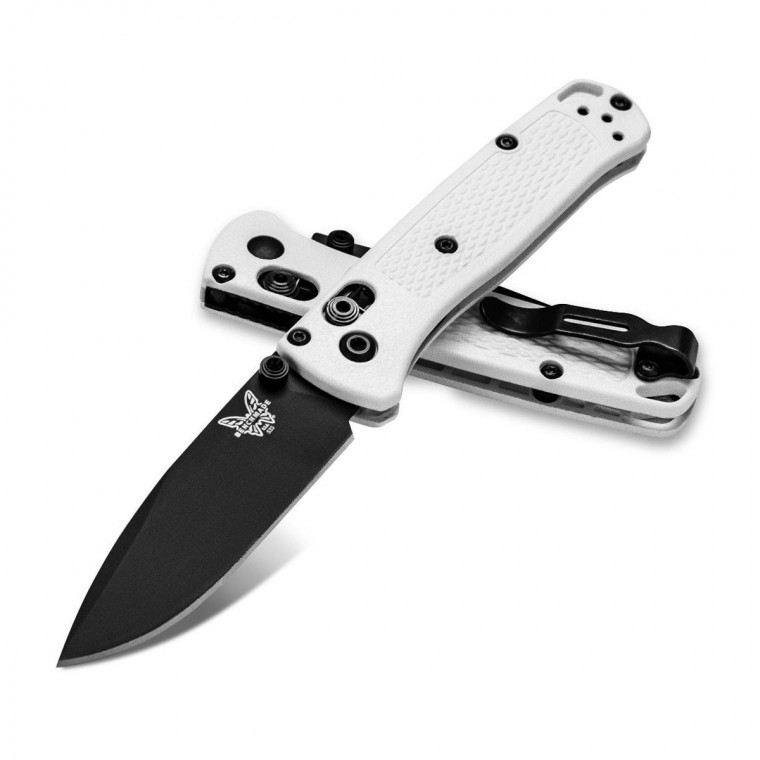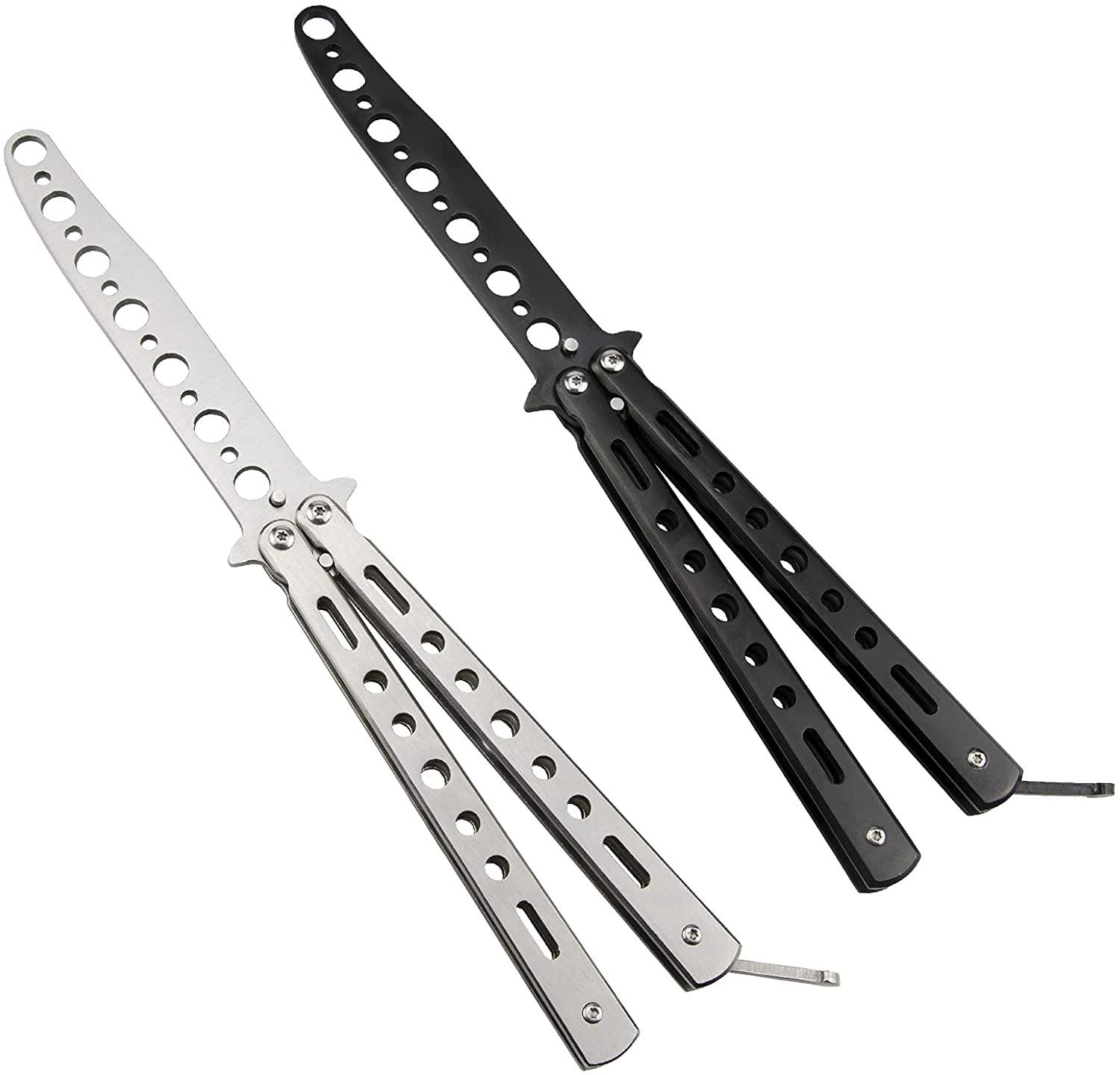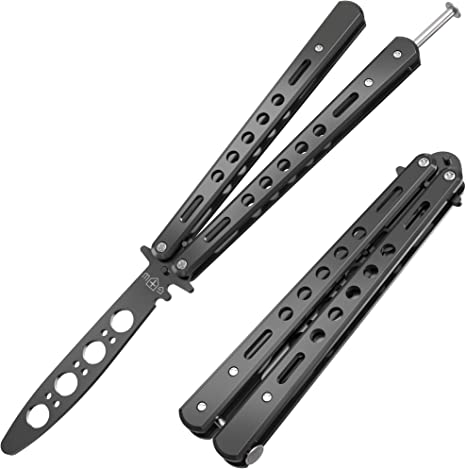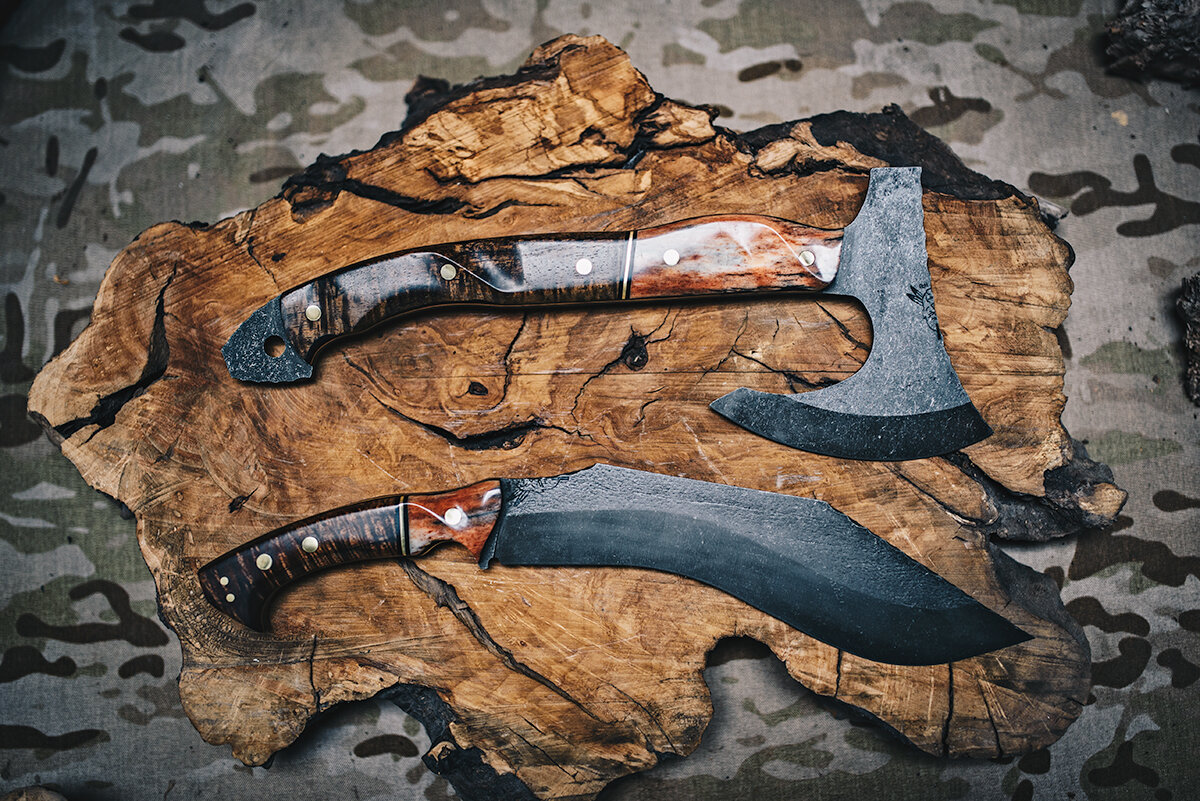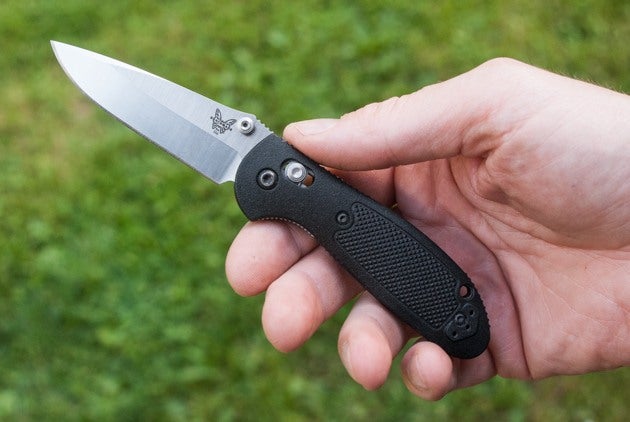How to Choose the Right Knife for You
There are many factors to consider when selecting a Benchmade knife. The most important aspect is the knife's blade geometry. Make sure you choose a knife that is as thick and sturdy as possible. Thicker blades are more flexible, but will sacrifice some strength. Different alloys work best for different types of edge configurations. Also, consider the environment in your knife's use. Stain-resistant stainless steels may be required in an aggressive or humid environment. Non-corrosion-resistant steels, such as carbon and tool steel, are good options for a variety of situations.
A plain-edged knife works best for push cuts, but it doesn't perform well on rope or wood. On the other hand, a fully serrated knife is better for tougher materials. The serrations cause more pressure per area. However, the blade's versatility means that it won't be necessary to change the blades as often. You can also get a Benchmade knife with multiple pocket clips for a variety of purposes.
Benchmade Knives might be mistaken for a "gunshop", but the company has been making knives for more than 30 years. It was established in a time when most other knife makers were still using inferior Chinese steel. Its constant search for better quality has helped them earn its reputation as a knife maker that's worth paying attention to. The brand is a favorite among knife lovers all over the world and is often rated the best value knife.
